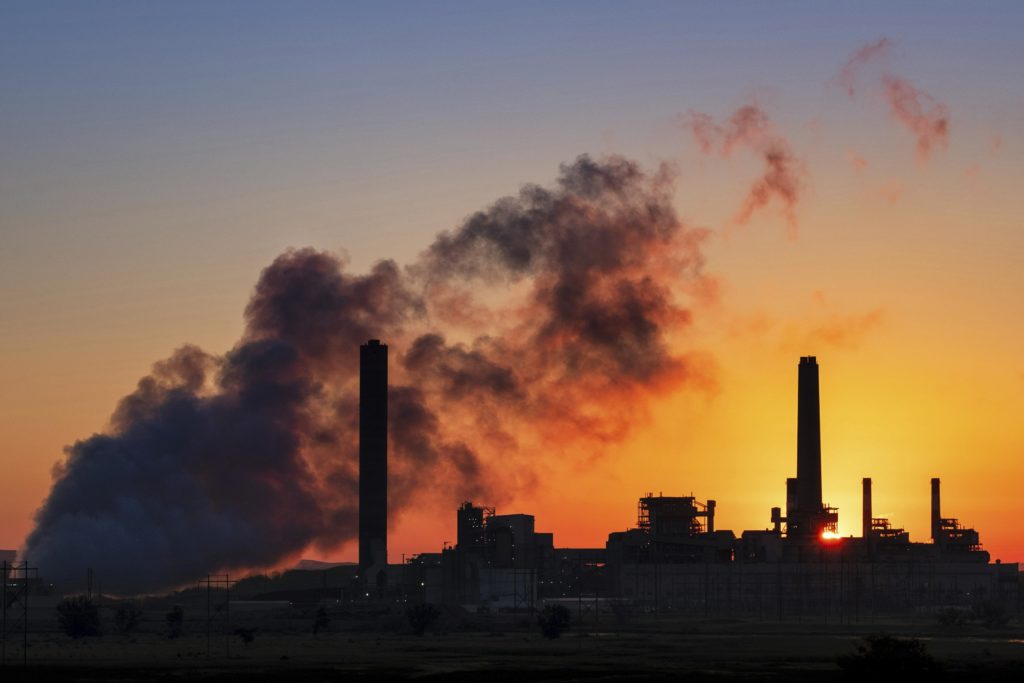
SPRINGFIELD, Ill. (IRN) — Illinois lawmakers are expected to come back sometime this summer after failing to bring sweeping energy legislation across the finish line.
Tweaks to the proposal continue to be made.
The Senate and House were called to session this week to pass legislation closing coal-fired power plants by 2035 while propping up nuclear energy with subsidies and investing more in clean energy sources.
Exelon has threatened to close two nuclear plants in Illinois this fall because of hundreds of millions in revenue loss.
Senate President Don Harmon, D-Oak Park, said lawmakers are close to a final deal.
“Exelon is on the cusp of a $700 million subsidy,” Harmon said Tuesday after the deal fell apart. “If they close plants out of spite tomorrow, they were going to close those plants anyway.”
Harmon expects to call lawmakers back sometime this summer to finalize a deal.
Gov. J.B. Pritzker on Wednesday said, “it feels like we’re so close you can taste it.”
“I think there’s an awful lot of room here for us to get what everybody wants which is keep the jobs, make sure you pay off the bonds that the various municipalities owe and get the kind of climate change action that we need,” Pritzker said.
He will not sign anything that goes against his principles of getting 100 percent green energy by 2050, the governor said.
But, the governor indicated there is flexibility in the 2035 date to close coal-fired power plants, if they can prove carbon capture technology in its infancy is viable.
Municipally owned City Water Light and Power in Springfield says it has received federal grants for a carbon capture system.
“Last month, CWLP was granted $47 million from the U.S. DOE with the University of Illinois’ Prairie Research Institute to conduct large-scale pilot testing of a carbon dioxide (CO2) capture technology,” the utility said in a statement earlier this week. “The State of Illinois has committed another $20 million to the project, including $9 million that was appropriated in the budget just passed by the General Assembly.”
Pritzker said if there is significant carbon capture, there could be more time allotted for coal-fired power plants.
“And if that goal is met and the industry has said it could meet that goal then that will then allow beyond 2035 the operation of those coal plants for another ten years, so we’re talking another 24 years from now,” Pritzker said.
That leeway caught Harmon off guard.
“I confess I was a bit surprised, the governor had been pretty clear,” Harmon said. “And we had started to look for alternative models to some sort of special treatment.”
Harmon said there are too many unknowns over the next quarter of a century and he doesn’t know if carbon capture technology will work.
It’s unclear when lawmakers will return to take up energy legislation.
CWLP officials said in a statement Wednesday that its leaders are “pleased that the legislature adjourned without adopting measures that would interfere with the progress CWLP has already been making for a cleaner energy supply for the City of Springfield.”
“If new legislation is returned that still involves municipal utilities, we will work in the same manner to ensure we represent our ratepayers and speak to any concerns for reliability and cost impacts,” the utility said. “In the meantime, CWLP will get back to work planning for replacing our retiring units with cleaner sources without State subsidies or mandates.”
By GREG BISHOP for the Illinois Radio Network
